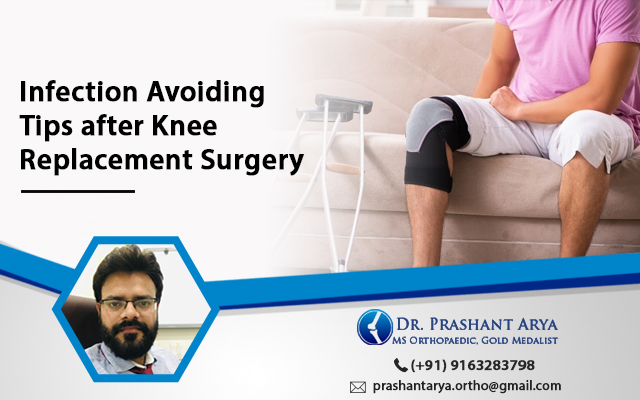Introduction
If one has recently experienced a knee injury, or they are starting to feel as if the range of movement in their knees is on the decline, there is a chance they may have arthritis. Arthritis can damage their cartilage, and the condition can become severe and debilitating over time. Fortunately, when the ache or restricted flexibility of legs begins to interrupt everyday routines, many of us have the chance to ease our pain and rejuvenate our mobility through total knee replacement surgery.
Signs that you might require Knee Replacement Surgery
With modern advancements and discoveries in surgical technologies and techniques, knee replacements have become a valid option for more and more patients. Depending on the nature of the damage or joint condition, different kinds of knee operations may be considered. Some surgeries are minimally invasive, while others involve a more complicated process.
According to Dr Prashant Arya, a knee replacement doctor in Newtown, the following list of concerns and signs should be regarded as indicators of a chance that a knee replacement procedure is suitable for a given patient:
- Extreme damage as a result of an accident or sports injury
- Arthritis that causes persistent or recurring pain in the knee joint
- Restricted mobility and stiffness
- Pain-related to a prior injury to the knee
- Breakdown of the cartilage or bones
If one is suffering from these issues or any other issues with their knees, they should consult their physician and discuss the possibility of knee replacement surgery.
Total Knee Replacement Surgery
Often referred to as knee arthroplasty, the more accurate term to refer to the method for replacement of knees is “resurfacing.” At first, the damaged cartilage at the ends of the tibia and femur are removed and then, a small amount of bone surface is shaved off and metal surfaces are placed in the joint. Depending on the circumstances, the kneecap, or the patella, may be resurfaced. And finally, a plastic cover is carefully placed between the metal components to allow for smooth flexibility of the joint.
This process may be executed on both knees simultaneously if the patient is fit enough to rehabilitate symmetrically. For most patients around and over the age of 80, a Staged Bilateral Knee Replacement is recommended. It demands two different surgeries and a longer overall healing time; however, the procedure poses fewer risks against smooth recovery for each knee.
For consultation and knee replacement treatment, contact Dr Prashant Arya, a knee replacement specialist in Newtown.







Leave A Comment